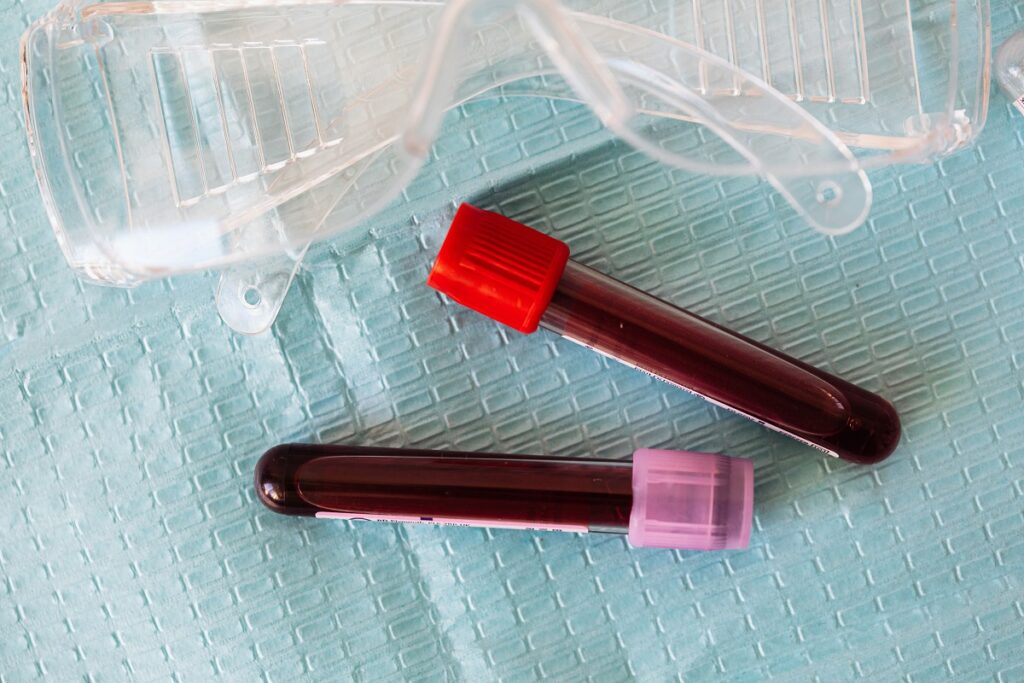Why are blood tests so important?

Blood tests are very common due to how extremely useful they are. There are over 100 types of blood tests, and they can help determine many things, from a patient’s general state of health to identifying disorders before symptoms appear.
Hospital Ochoa’s laboratory tests are modern, quick, and trustworthy.
A vital part of medical diagnostics
Laboratory blood tests are a vital part of medical diagnostics. They help doctors make the correct diagnosis and determine the appropriate course of treatment. Blood tests are used for many things, including to:
- Ascertain a patient’s general state of health.
- Determine how well organs such as the kidneys, liver, heart, or thyroid are working.
- Help diagnose diseases such as anemia, cancer, diabetes, coronary heart disease, and HIV/AIDS.
- Diagnose bleeding or clotting disorders.
- Find out if an immune system is having problems fighting infections.
- Determine whether medical treatment is working.
- Monitor chronic health conditions and diseases.
- Discover health problems in their early stages.
Common blood tests
While taking a blood sample may appear a simple procedure, behind the scenes there is a lot of complex biochemistry and methodical laboratory work that takes place. Some of the most common blood tests are:
- Full blood count: Measures several features of the blood, including red and white blood cells, hemoglobin and platelets. This test helps detect a wide range of disorders, including anemia, leukemia and infection.
- Basic metabolic panel (chemistry screen): This biochemical test provides key information regarding fluid and electrolyte status, kidney function, blood sugar levels, and response to various medications and therapies.
- Cardiac enzyme test: Measures the levels of enzymes and proteins linked to heart muscle injury.
- Coagulation test: Determines whether blood clots normally.
Frequency of blood tests
Common blood tests such as the basic metabolic panel are a big part of routine medical check-ups, and many healthcare providers recommend such doctor appointments once a year. However, this will depend on the patient’s particular health, and those suffering from health issues such as obesity, hypertension, diabetes or heart disease, will most likely be asked by their doctor to come in more often. Similarly, pregnant women should have blood tests once a trimester to help monitor the healthy development of the foetus.
Fasting
Fasting before a blood test is not always necessary and you should always check first with your doctor. When fasting is necessary, it usually requires not eating or drinking anything except water for 8-12 hours beforehand. Depending on the test, a doctor may even ask their patient not to drink alcohol, smoke, chew gum, take any medications or exercise before the test.




